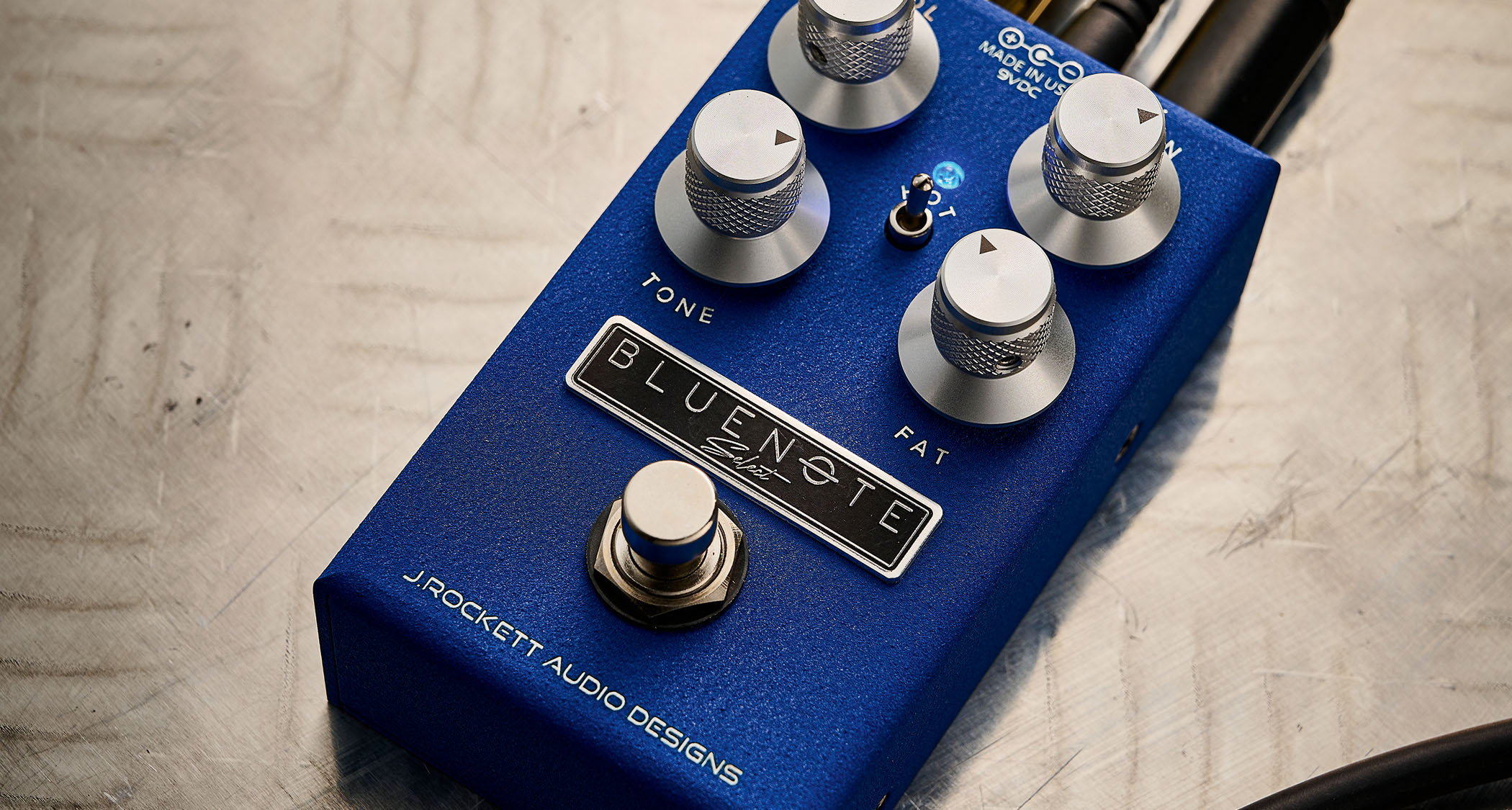What Makes the Guitar So Special

Here's something many guitarists are unaware of: We are a special breed these days.
And I'm going to tell you why. Guitar is one of the only instruments that keyboard companies and sample library companies have a hard time duplicating in a way that can be played in a believable manner on keyboard.
If you want a guitar on your recording, you need to hire a guitarist to make it sound believable.
Why is this so? Because of the infinite amount of variations in which the sound of a guitar is capable! Guitarists have the ability to slur, slide, hammer, pick up and down, finger, tap, bend, whammy, vibrate, play with your palm, play with your teeth, use a slide and play with so many types of dynamics and articulations that they can't be replicated successfully. These are the things that make guitarists so special.
We have all heard robotic music played by a computer. Many times, this is done on purpose. But have you ever heard a guitar sample? And tried to use it to replicate a real guitar? It is one-dimensional. Piano or basic string sections or wind instruments are simple. A drum is even easier. Saxes are a bitch. They also have job security—just like us guitarists.
Let's talk about what you should be working on in your practice sessions to make them smile when they hear you bring the printed page to life and call back.
If you do not know how to sight read, you can still have a successful career in the studio, but you would be limiting the amount of work you could accept, so everything I am about to say holds true if you do not sight read. Or you are just reading this and are trying to better your soloing. Just learn the melody of the song you want to practice by ear first. Then add the suggestions in the following paragraphs.
In the studio, when someone puts a piece of music in front of you, the expectation, you would think, would be to play the correct notes. But you would be oh, so wrong. Sure, you'd better play the correct notes and in the correct timing; however, in reality you are expected to bring that piece of music to life using your magical guitar powers!
That is why most of the time all we get are chord charts and a note that says "solo here." Many composers, arrangers and producers don't know how to notate for modern guitar. And I don't blame them. Imagine transcribing the Jimi Hendrix version of "The Star Spangled Banner"! Not in tab. In musical notation. I couldn't do it, and I couldn't read it. Not if I never heard it before. I'm sure someone has, and there are many fine transcription pros, but I have enough on my plate!
Here's how you want to practice as a sight-reading, session-playing guitarist. Start by taking a piece of music and sight read through with no errors. Bring the tempo up. Push it. Now you've got the notes. Time to add the magic. Try playing the same music using all the articulations in your box of articulations. Try bending to as many notes as possible. Half-step bends, whole-step bends, or further. In tune. Slide from note to note. Add vibrato to the longer notes. Play the shorter notes staccato.
Transpose the song up an octave so it sounds like a solo. And avoid only sight reading in the first position. (Although the notes do sound the purer in that area and I tend to stick to the first position as much as possible on acoustic guitar or clean guitar playing).
Try tapping to any note that can be tapped to. You will be combining guitaristic technique while building a melodic sense. This can only help you when it is solo time.
My personal practice sessions start with a warmup of finger patterns. Next I sight read. After that comes chords and rhythm. Then I start my soloing. We all have strengths and weaknesses. Try and develop your strong points. Try and better your weaknesses. Articulations are the key, however, to making your guitar sing, and the reason no other instrument comes close to the versatility and range of creativity of which the guitar is capable.
I’m a session guitarist from New York, now living in Connecticut. I started playing at age 6, sight reading right off the bat. That’s how I was taught, so I just believed everyone started that way! I could pretty much sight read anything within a few years, and that aided me in becoming a session guy later in life. I took lessons from anyone I could and was fortunate enough to have some wonderful instructors, including John Scofield, Joe Pass and Alan DeMausse. I’ve played many jingle sessions, and even now I not only play them but have written a few. I’ve “ghosted” for a few people that shall remain nameless, but they get the credit and I got the money! I’ve played sessions in every style, from pop to jazz.
Get The Pick Newsletter
All the latest guitar news, interviews, lessons, reviews, deals and more, direct to your inbox!
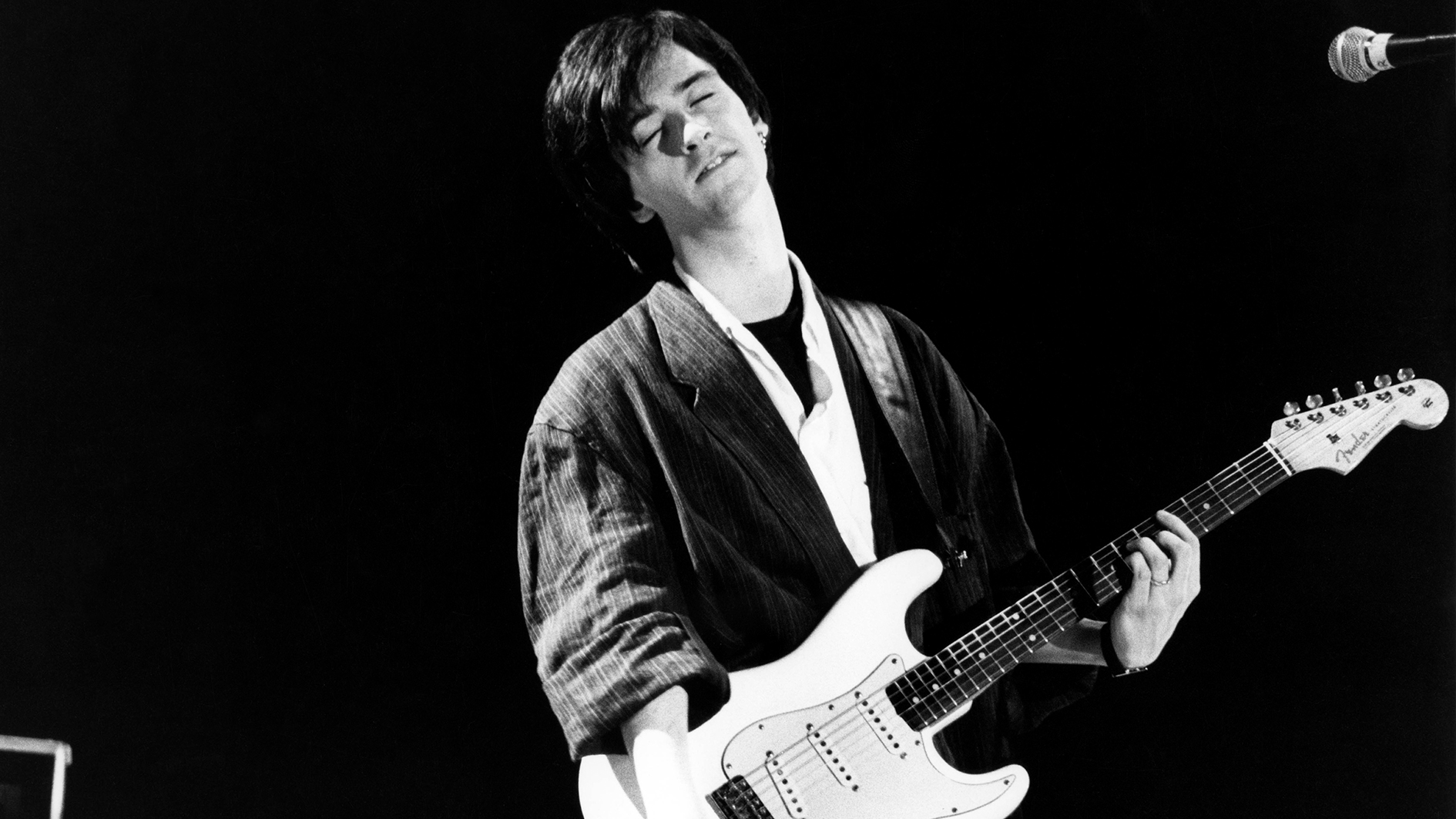


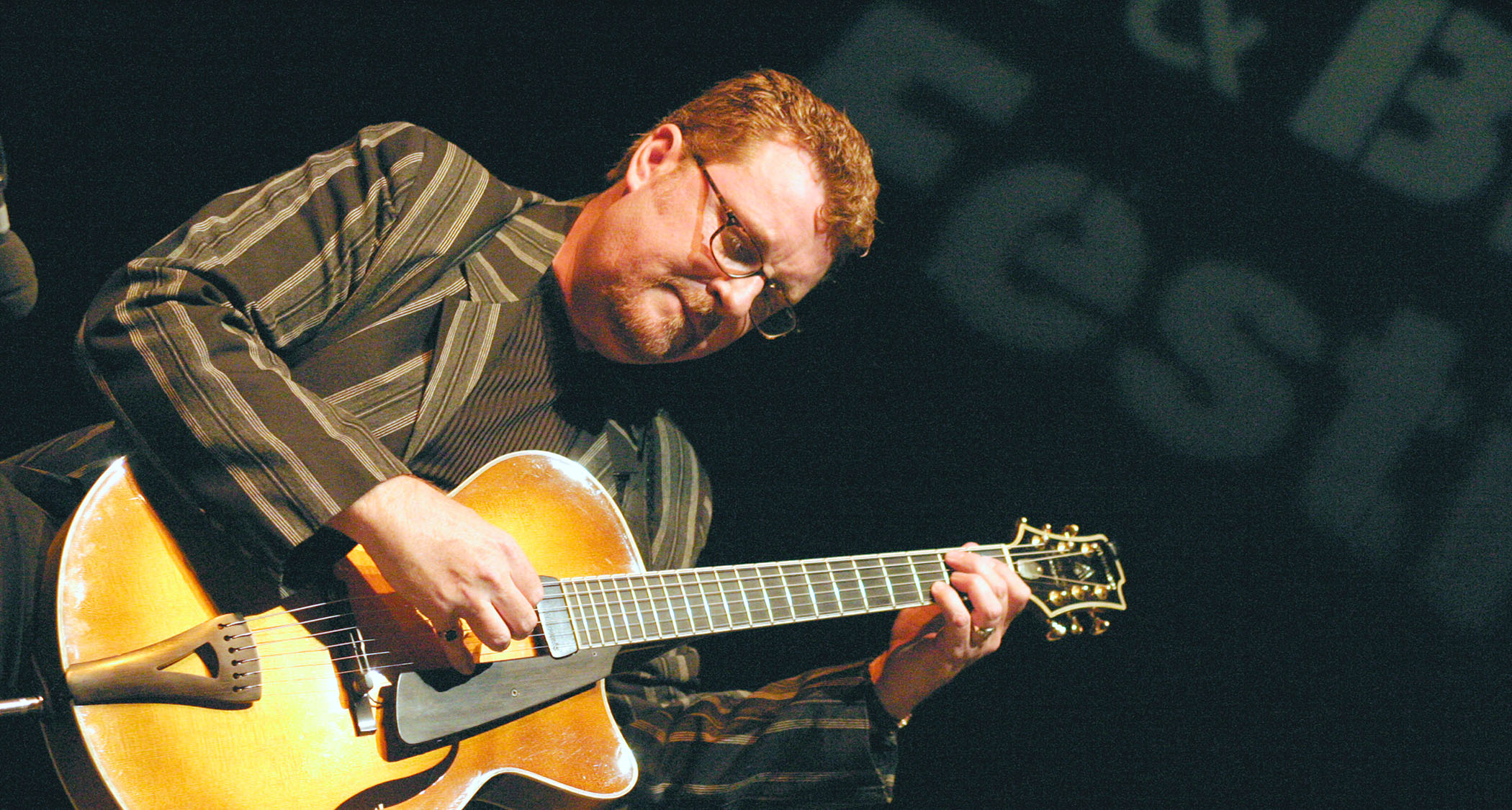

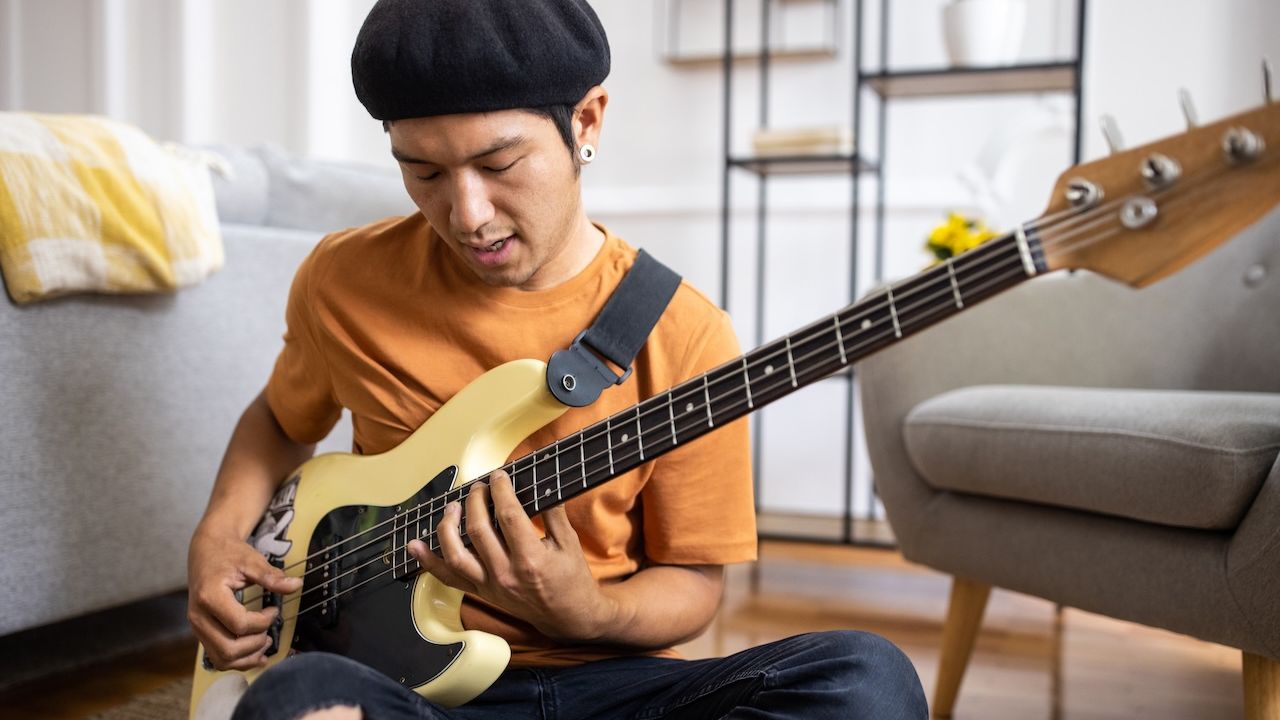


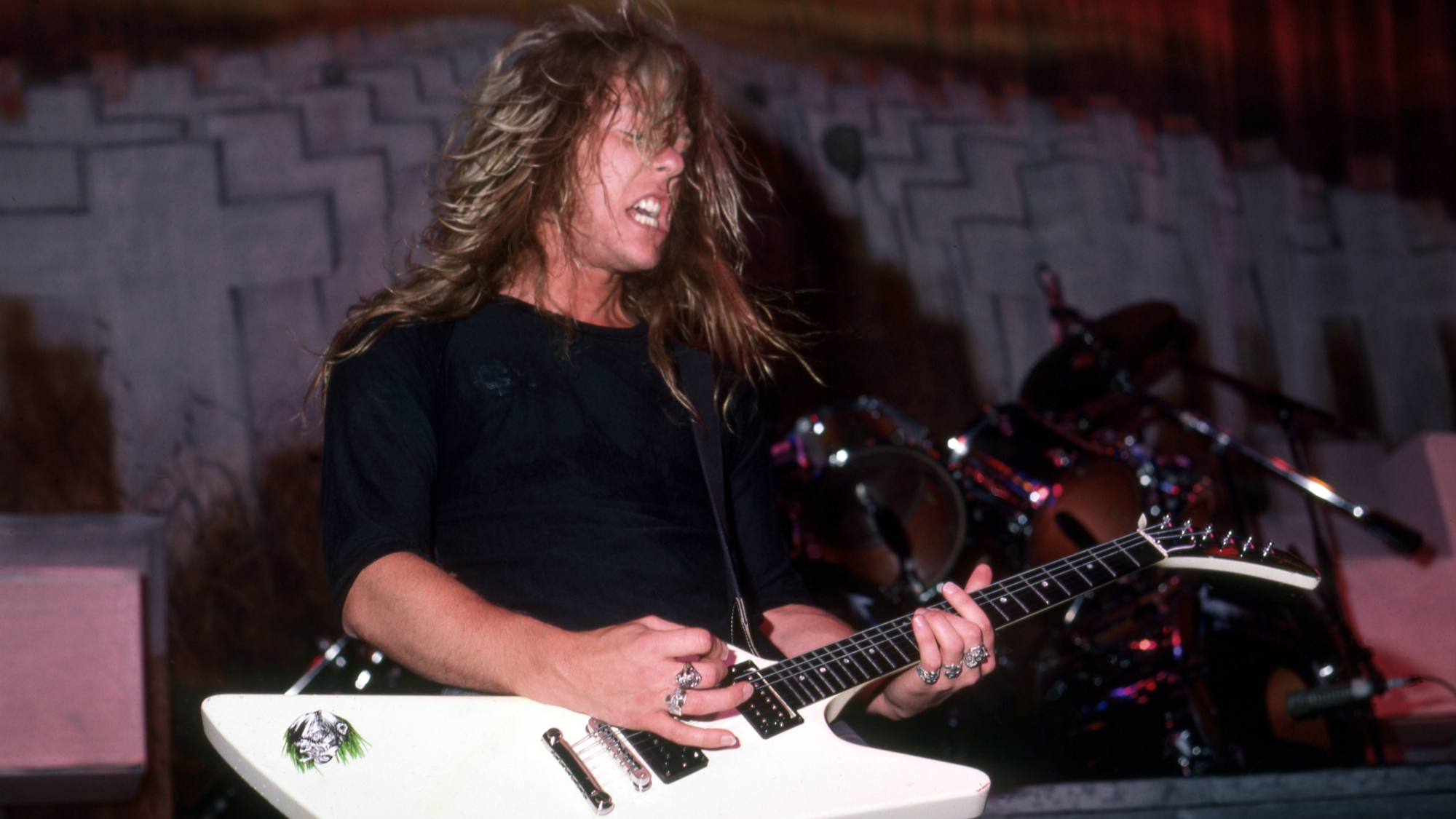
![Joe Bonamassa [left] wears a deep blue suit and polka-dotted shirt and plays his green refin Strat; the late Irish blues legend Rory Gallagher [right] screams and inflicts some punishment on his heavily worn number one Stratocaster.](https://cdn.mos.cms.futurecdn.net/cw28h7UBcTVfTLs7p7eiLe.jpg)
